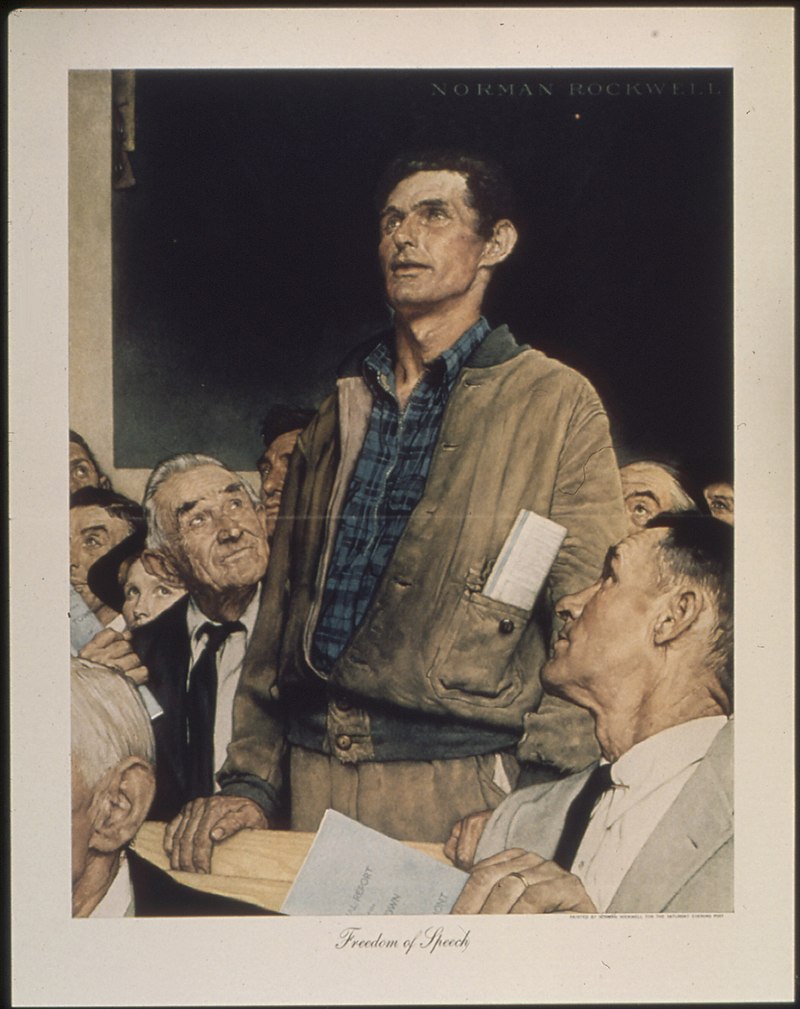The problem that King faced from the clergy was that they were uncomfortable with his tactics. The church wanted to take a less controversial approach to ending segregation. They wanted to take a wait and see attitude, a slower less confrontational approach. King seemed to believe that the church would rally to the cause of freedom and equality, but he was overly optimistic. It seems that King thought that the church, as a central part of the African-American community, would willingly take part in the civil rights movement. The church leadership however wanted to play it safe.
King, in responding to the concerns of the clergy, sees hope in the “inner spiritual church, the church within the church, as the true ekklesia.” Here King sees the rank and file members of the church stepping forward in faith. While the church leadership is happy with the status quo and the power they believe that they have, the members of the congregation had seen and experienced the daily humiliation of segregation. King is putting his hope not in the leadership of the church, but the church members.
King is “thankful to God that some noble souls from the ranks of organized religion have broken lose from the paralyzing chains of conformity and joined us as active partners in the struggle for freedom.” In this declaration of thanks there is also a comparison of the church leadership to those that are holding African-Americans back from all the freedoms they should be enjoying. The use of the word, “chains,” is a reference to the chains of slavery that had bound relatives of those now fighting to be recognized as equals.
Finally, King points out that many of those brave souls have joined the cause have suffered not only in the streets or buses or in jail, but in being “dismissed from their churches, have lost the support of their bishops and fellow ministers.” He believes that these sacrifices are a true testimony of faith, and that, that faith can move the mountain of intolerance and hatred that was dividing the country at that time. Where the church had frustrated and, at times, smothered the movement, these brave souls had, “carved a tunnel of hope through the dark mountain of disappointment.”
@@@@
From a college paper I wrote years ago...

 RSS Feed
RSS Feed